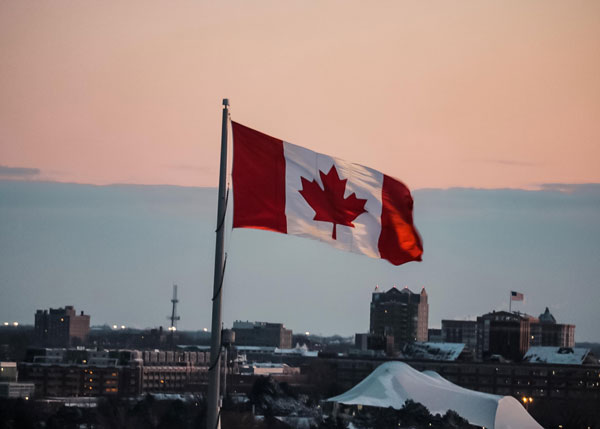We love our Canadian neighbors!
Significant changes to Canadian trademark law are taking effect on June 17, 2019, and here is what you should know:
► As of that date, Canada will be a member of the Madrid Protocol, an international filing system in nearly 120 countries, which allows you to file applications through the World Intellectual Property Office filing system, at a lower cost and maintain marks through renewals at a lower cost. (Note: This filing system has disadvantages in certain circumstances.)
► Canada is adopting the Nice Classification System, the same class system the majority of the world already uses. Meaning, when filing in Canada you will have to classify goods and services into the 45 different classes, as we presently do in the U.S. This will result in significant cost increases for Canadian filings as the Trademark Office will be imposing a “per class” filing cost.
► Canada will no longer require proof of use prior to registration. This will apply to pending applications as well as new applications. Meaning, you will no longer have to submit a “Declaration of Use” to obtain a registration certificate. This allows for you to effectively reserve your brand name for 3 years from the date of registration, after which, a registration may be vulnerable for non-use. [Evidence of use in Canada will be necessary during the first 3 years if you enforce your rights from a trademark registration through litigation.]
► The registration fee is being eliminated for new applications filed after June 17th. If your application is pending, there will still be a registration fee due after your mark has passed examination and is allowed for registration.
► Registration will now be available for non-traditional marks, such as color, sound, holograms, moving images, scents, taste, and texture.
► The registration period will be 10 years, not 15 years as it is now. However, you can file for renewal before June 17, 2019 for an additional 10 year period, at a lower cost than after the effective date of the new regulations.
WHAT TO DO NOW: If you are even thinking of expanding into Canada, and your goods and services cover 3 or more International Classes, it makes economic sense to file before June 17, 2019 to avoid the increased filing fees.
Douglas Fyfe, an experienced trademark attorney from Gowling WLG, an international law firm prominent in Canada, advises that “strategically there is also potential significant benefit to filing (asap) in advance of June 17, 2019 regardless of the number of classes in an application. Especially because the number of filings at the Canadian Intellectual Property Office is spiking. Many of these new applications are multiclass applications as applicants are attempting to save money while at the same time they know there will be no need to show use in order to obtain registration. In anticipation of having no proof of use requirement, we are also seeing activity that looks like trademark squatting. Brand owners in the U.S. are well served getting their marks on file in Canada sooner rather than later as the cost will be significantly less than trying to wrestle their marks from evil-doers who have filed before them in Canada.”
Please contact us at iplaw@evoke.law with any questions, or filing or renewal instructions.
